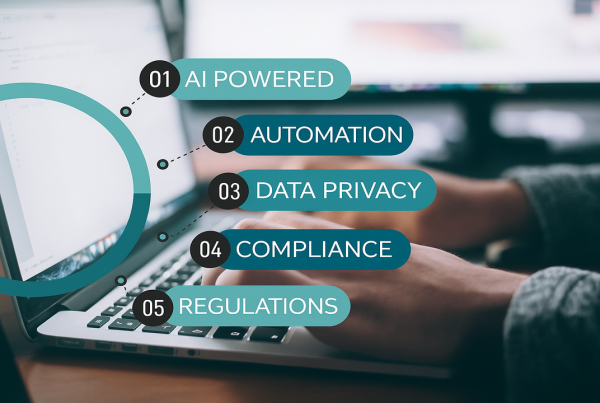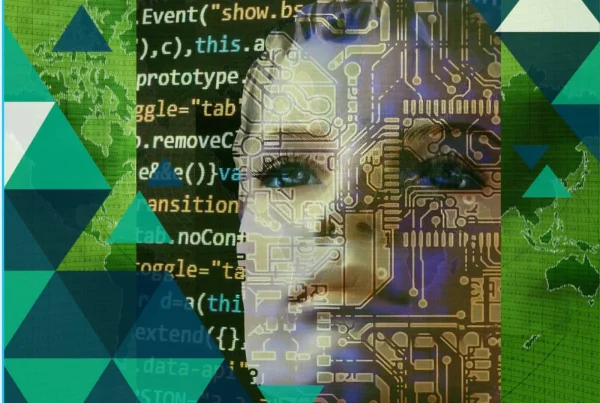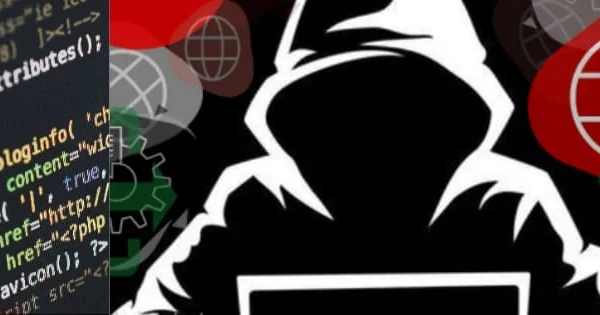As technology continues to dominate society, we must face the reality of an AI and automation-driven world. However, this presents a wealth of new opportunities and challenges for the generations to come.
While technology advancements promise greater efficiency and innovation, they also bring forth a host of new risks that demand proactive preparation. Below are some of the educational challenges on the horizon for children entering the workforce, along with strategies to navigate these risks:
- Changing Skill Demands:
The job market is rapidly transforming with the emergence of AI and automation. This shift emphasises skill sets that work well with new technologies. To prepare students for success, schools should prioritise teaching coding, data analysis, and critical thinking. Integrating these skills into the curriculum will provide students with the resources they need to thrive in the digital age. - Adaptability and Lifelong Learning:
In this fast-paced era, technological advancements may render today’s digital knowledge and skills obsolete sooner than before. Cultivating curiosity, exploring new subjects, and fostering a growth mindset in children can help them adapt to an ever-changing job market and remain up-to-date. - Ethical and Social Implications:
As AI and automation become increasingly prevalent, so do ethical and social challenges such as biased algorithms and job displacement. It is crucial for children to have an understanding of these issues in order to make informed decisions. Integrating discussions on ethics, responsibility, and the wider societal impact of technology into educational settings can foster a well-rounded perspective. - Human-Centric Skills:
As we have seen, AI can certainly handle a number of tasks, but skills unique to humans like empathy, creativity, and emotional intelligence remain essential in the workforce. Education should prioritise the development of these abilities to equip children with the tools they need to become influential leaders, collaborators, and relationship builders. - Cybersecurity Awareness:
As our connectivity increases, so do the associated cybersecurity risk. Children of today are faced with cyber bulling and a growing trend of various deep fake risk scenarios, that educators, parents and least of all tweens and teenagers are equipped to deal with. Deepfake technologies are on the rise, making it easier and easier for cyberbullies and online predators to create highly convincing fake images or videos designed to humiliate and traumatise their victims. Children and teens are particularly vulnerable. It is therefore crucial to teach children about online safety, data privacy, and the potential hazards of sharing personal information in a digital environment. Are educators sufficiently dealing with this growing risk? - Digital Well-being:
Consistent use of technology, and dark content, can affect children’s mental health and overall well-being. Social media poses significant risks, and an increasing risk of suicide is a topic that needs to be brought far more into the light with open conversation regards harmful content that affects teens mental states. It’s critical to teach healthy habits such as mindfulness of content, critical thinking related to what is healthy content and what is not, balancing screen time with physical activity, and face-to-face interactions to maintain a healthy lifestyle.
To prepare for the risks associated with an AI, the good, the bad and the ugly, and automation workplace, a multi-faceted approach is necessary:
- More attention to risk assessments that address the context of the child universe and the world they are growing into.
- Comprehensive Curriculum Updates, that are relevant to the changing landscape and balance of human critical skills vs AI and automation.
- Collaboration with Industry and Risk and Compliance professionals. Think Tanks and working groups with Cyber and Ethical AI and Automation specialists.
- Emphasis on not just Critical Thinking, but skills related to data evaluation and insights assessment capabilities.
- Continuous Professional Development for Educators, that includes assessment of educational institutions on an integrated GRC maturity scale that is relevant to these organisations.
By embracing these strategies, we can foster an educational environment that equips children not only with technical skills but also with the resilience, adaptability, and ethical grounding needed to navigate the challenges and opportunities of an AI and automation-driven workplace, so that as they emerge as leaders for of the next generation, they do so from a well and truly informed base of clear understanding.
Every educational organisation needs to understand its GRC maturity journey to ensure that they have the right GRC strategy and supporting framework and policies in place to tackle these critical risk issues.
Our maturity assessments promote transparency, accountability, and ethical considerations to ensure that these technologies augment the learning experience while maintaining human-centric values. By anticipating challenges, educational institutions can use a forward-looking lens to tailor curriculums, teaching methodologies, and skills to meet the demands of an evolving job market.





